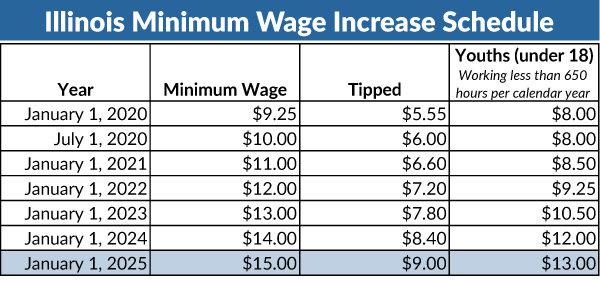Plinko balls. Dice. Slot machines. These are only the most popular of over 1,000 different gambling games available on Stake.com.
Today, Stake is one of the largest purveyors of underage gambling culture. Stake is the most visited gambling website in the world, averaging close to 150 million visits per month according to Google. Though Stake requires users to be 21 years or older, their slim regulations make it easy for those not legally allowed to gamble to create accounts and use the platform.
According to the International Center for Youth Gambling Problems and High-Risk Behaviors, 60-80% of high school students say they’ve gambled for money in the past year, and 6% are addicted to gambling.
But why are so many teens drawn to gambling? Cait Huble, Director of Communications at the National Council of Problem Gambling, says that it begins at a young age.
“A lot of gambling exposure actually happens quite early in life,” said Huble, “most young people are reporting that their first gambling experience is occurring between 9 and 11 years old. And that can range from any kind of you know, maybe bingo or a lottery ticket in the stocking at Christmas, as well as exposure to it through video games and online gambling.”
In recent years, online streaming of gambling has become extremely popular. The streaming platform Kick.com has seen the category of “Slots and Casinos” streams become the second most popular on the site, with over 15 million hours watched according to Kick.
“Teenagers see people like XQC winning so much money, so they say ‘I’m only going to put five bucks in’ and then they lose the five dollars, so they put more money in and before you know it they’re down 50, 100 dollars and maybe even more,” said Joey Gargano, senior at MHS.
Despite the seriousness of gambling addiction, a societal stigma often keeps it from being taken seriously; many believe that gambling addiction is not as serious as other addictions since there is no substance involved. Despite this, Huble says it is more similar to other addictions than most think.
“It’s hard to conceptualize that gambling is an addiction the same way that substance and alcohol abuse is, because there’s not that substance, right?” said Huble, “But chemically in your brain, that dopamine, that rush of a win or a risky bet is chemically the same as a substance abuse disorder. So your brain doesn’t really know the difference, even though physically from the outside it looks a little bit different.”
Treatment options for gambling come in a variety of ways. Kentay Varnell, a teen gambling specialist for NICASA Behavioral Health Services, says that it is a particularly difficult addiction to treat.
“We try to get them to understand that they’re losing their family, that they’re losing everything because of gambling. Some actually get their money monitored by a family member or significant other,” said Varnell.
Though many are not aware, gambling addiction is also often treated similarly to other addictions.
“There are inpatient treatment options, there’s therapy, there’s group therapy, there’s peer support like Gamblers Anonymous. So thinking about treatment-wise, it actually is treated quite similarly to the way we think about substance use disorder,” said Huble.
For struggling teenagers, admitting to a program or support group can be intimidating. Despite this, there are still plenty of options, including the NCPG hotline.
“Contact our number, 1-800-GAMBLER,” said Huble, “you can call it, you can text or tap that number. You can reach out for help in your area. Certainly, you can help a friend if they’re struggling, you can reach out on their behalf. All of those contacts are super confidential, we’re not going to turn around and call your parents. Our priority is to get people help as quickly and as easily as possible.”

